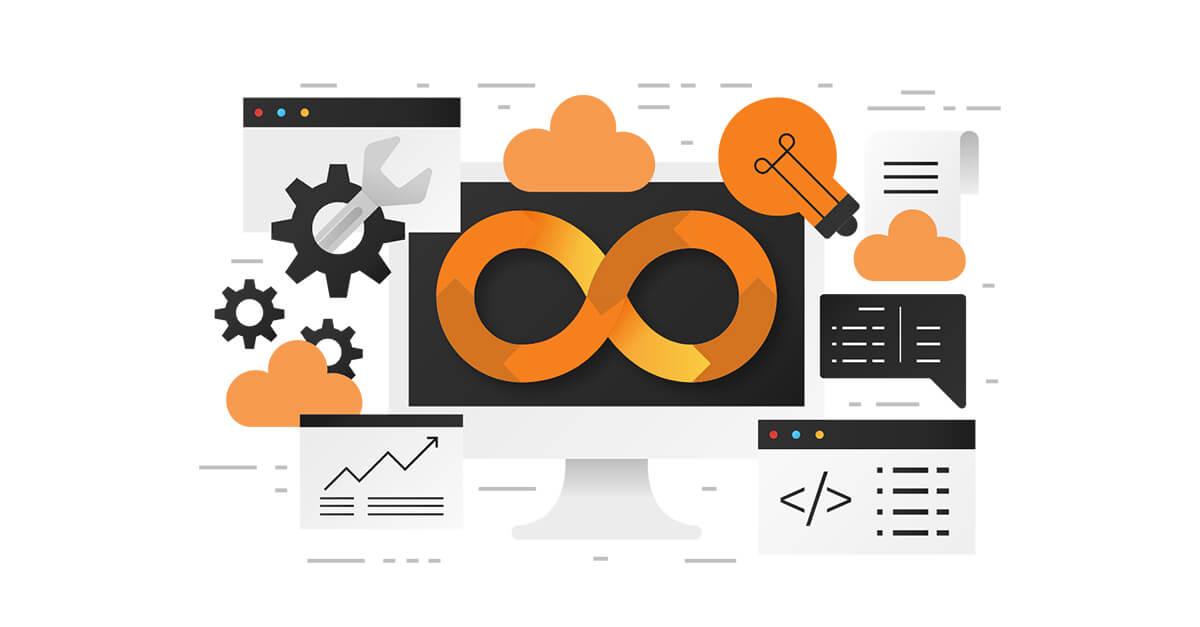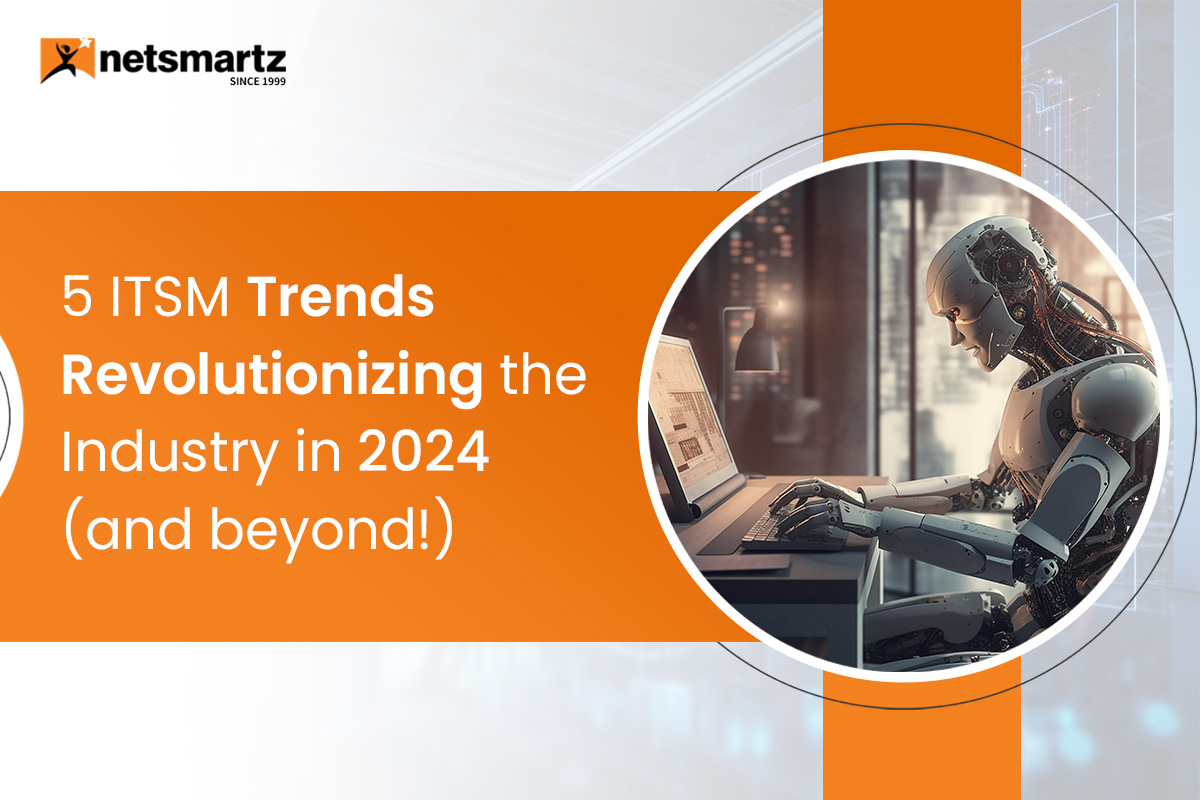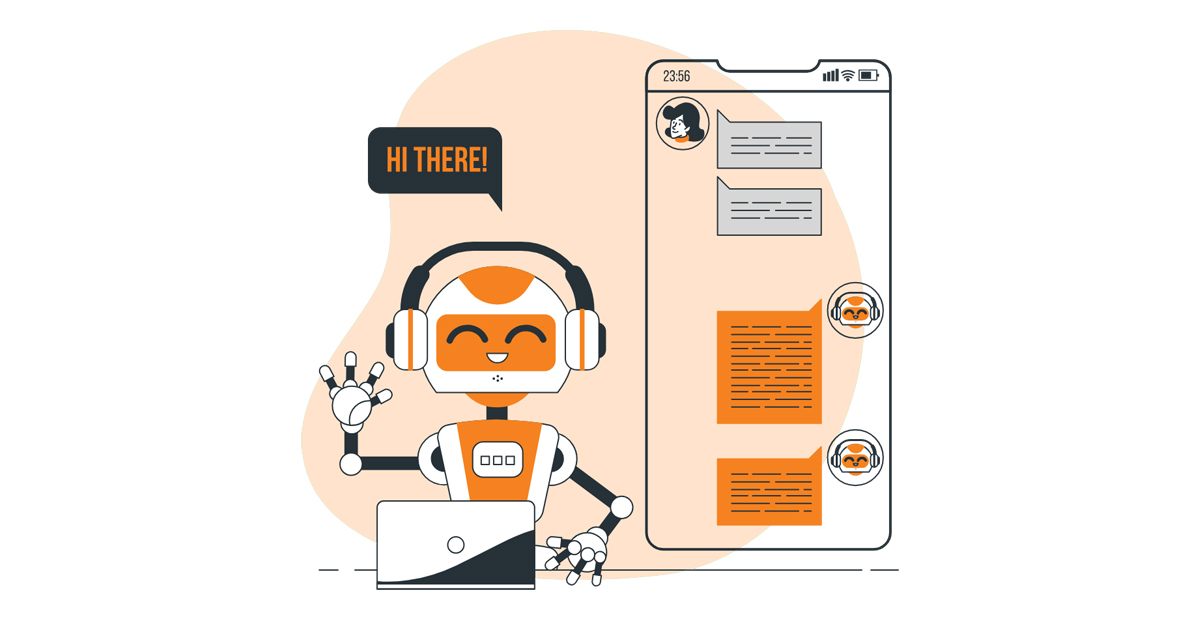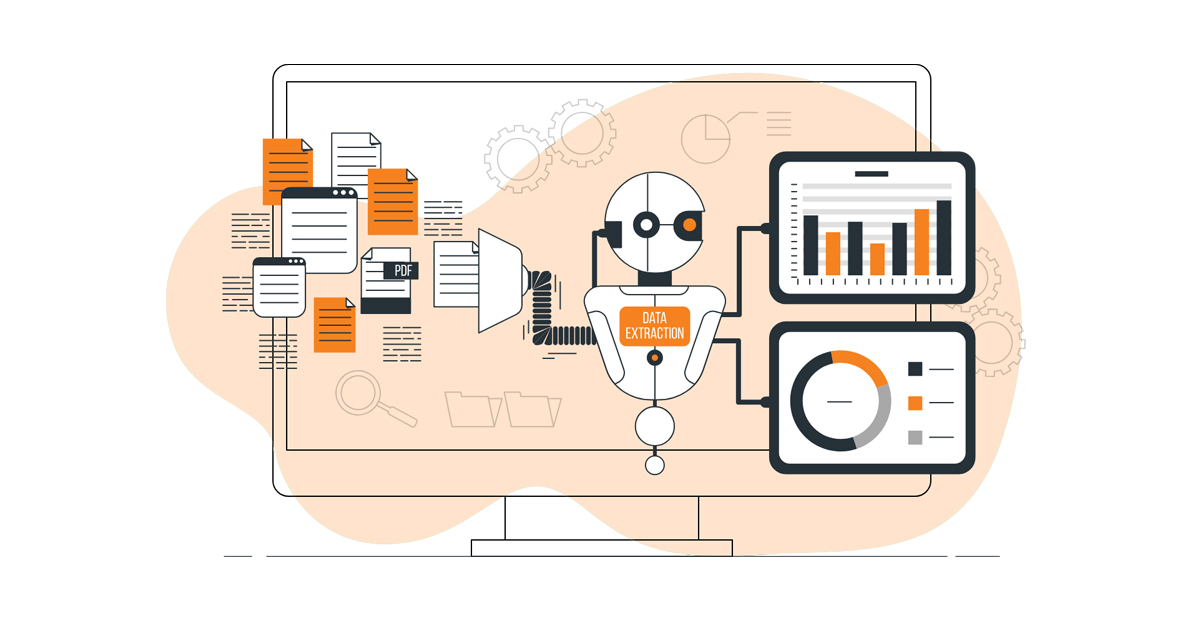Did you know a recent survey found that 92% of companies adopt DevOps practices?
As more and more organizations recognize the benefits of DevOps, it’s no wonder that the industry is poised for significant growth in the years ahead. With 2023 already underway, it’s an exciting time for DevOps professionals as new technologies and trends are set to transform how we work.
Let’s look at how Dedicated AWS DevOps will change how businesses run soon.
How is DevOps still important for business?
In 2023, DevOps engineering remains valuable for businesses looking to streamline their software development and deployment processes. With faster development times, simpler deployment strategies, and lower costs, DevOps-based businesses/products are well-positioned to thrive, even as AI plays an increasingly important role in software development.
This article delves into eleven noteworthy DevOps trends for organizations to consider while developing their applications in 2023. By embracing these trends, you can harness their potential to drive success and accomplish your objectives effectively.
Let’s take a look at how this is possible.
1. Increased Dependency on AI & ML
In the coming year, we expect DevOps teams to increasingly leverage AI and ML to streamline their processes. With advanced testing tools that use these technologies for automated testing, deployment, and monitoring, these technologies offer powerful advantages for improving development efficiency and reducing manual intervention.
- ML algorithms can probe code changes, predict conflicts, and provide recommendations to improve the overall quality of code.
- AI-powered tools will assist in identifying and preventing deployment failures before their occurrence.
- Also, ML algorithms can preemptively gauge application performance, detect anomalies, and significantly improve overall user experience.
As a result of the growing dependency on AI/ML in DevOps operations, teams can reduce manual effort and improve software quality and experience. There’s also the added benefit of lesser room for human errors. You can expect to see wider adoption of AI-based tools shortly.
2. Growth in DevSecOps
With cyber threats on the rise, businesses are emphasizing security and compliance more. In response, DevSecOps is emerging as a key strategy for software development, offering a comprehensive and automated approach to security that can help organizations stay ahead of the curve and protected.
Furthermore, we can expect DevSecOps to become even more sophisticated, integrating AI and ML technologies. This will enable developers to enhance their security posture while improving their software development efficiency and agility.
The emergence of low-code platforms has revolutionized the software development industry by providing a simplified approach to application development and deployment. Using visual interfaces and drag-and-drop features, low-code platforms have made it possible for non-technical professionals to build applications without requiring extensive coding knowledge. This approach, combined with automation tools, has resulted in a more efficient and collaborative aws devops developer environment.
3. Use of Cloud-Native Technologies
As the demand for faster, more agile software development grows, cloud-native technologies like Kubernetes, Docker, and serverless computing have emerged as essential tools for DevOps teams. With these technologies, businesses can easily adapt to the ever-changing global digital landscape.
Let’s further discuss these prominent technologies:
- Kubernetes: For DevOps teams looking to streamline their container orchestration processes, Kubernetes is the go-to platform. This open-source technology provides a scalable and flexible platform for deploying and managing containerized applications across various environments. In addition, these technologies help stabilize applications more efficiently, improving performance and reducing downtime.
- Docker: Docker is a powerful containerization platform that helps developers package applications and their dependencies into lightweight, portable containers. By making it easier to build and deploy applications across different environments, Docker streamlines the development process, enabling faster and more efficient development.
- Serverless Computing: As a cloud-native technology, serverless computing transforms how we build and deploy applications. By removing the need to manage infrastructure, platforms like AWS Lambda and Azure Functions enable developers to focus on writing code, leading to faster development and more efficient use of resources.
Adopting cloud-native architectures is becoming a top priority for many organizations as they look to modernize their IT infrastructure. As a result, these technologies are set to play a pivotal role in enabling organizations to achieve their goals and drive innovation.
4. Employ DevOps as a Service
DevOps as a Service (DaaS) is shaking up the traditional approach to managing DevOps infrastructure and processes. With third-party providers now offering DevOps services, organizations can offload the operational burden and focus on their core business objectives.
As software development grows in complexity, DevOps has become essential for organizations seeking to streamline their development and deployment processes. Nevertheless, maintaining and managing DevOps infrastructure can pose significant challenges, particularly for companies lacking in-house expertise or resources.
If you are searching for DevOps Azure developers for your upcoming projects, feel free to contact our experts and set up dedicated AWS DevOps services with Netsmartz.
Experienced DaaS providers offer various services that help organizations benefit from:
- Decreased operational costs,
- Heightened levels of efficiency,
- Increase in scalability,
- Improved flexibility
As DaaS gains traction, more providers will emerge to cater to the diverse needs of organizations. This trend will empower organizations to select a DaaS provider that aligns with their budget and requirements, effectively reducing their DevOps operational burden.
5. More focus on Observability
DevOps teams always seek to enhance their app development workflows and ensure high-quality applications. Observability, the ability to measure and monitor app performance and behavior in real time, is a crucial area of focus in achieving these goals.
Observability tools and techniques will become even more important as applications become more complex and distributed across multiple environments. By investing in observability, DevOps teams can ensure that their applications are performant, reliable, and meet the needs of end users.
6. Growth in Serverless Computing
Serverless computing is a revolutionary approach to app development and deployment that eliminates the need for server management. It is estimated to become a $30 billion market by 2030, and more than 50% of cloud-based enterprise applications have already adopted it.
The growing popularity of MLOps and AIOps highlights the increasing need for automation and intelligent decision-making in DevOps. With a projected market size of over 40 billion dollars by 2026, these tools are set to become a crucial part of any organization’s DevOps strategy.
7. Growth in AIOps
AIOps and MLOps are driving innovation in DevOps. With AIOps, teams can detect and resolve issues faster, while MLOps enables efficient and effective development and deployment of machine learning models. As these technologies continue to evolve, they will play an increasingly important role in the future of DevOps.
8. Low Code Applications
Enterprises have embraced the low-code DevOps approach to speed up software development and deployment. This approach allows teams to build applications without extensive coding knowledge, as the entire app development process is managed through a visual interface. With this approach, teams can simplify the development process, make it accessible to non-technical professionals and create user-friendly applications that meet their needs.
The DevOps methodology emphasizes efficient collaboration and automation, which is exactly what low-code platforms provide. Low-code platforms allow non-technical professionals to participate in application development, while automation tools automate the deployment process by eliminating the need for extensive coding. This has resulted in a more streamlined and efficient workflow for DevOps teams.
9. Chaos Engineering
As applications become more complex, DevOps teams are turning to chaos engineering to help them build more resilient and reliable systems. By simulating various failure scenarios and observing the system’s response, teams can gain valuable insights into improving the application’s performance and reducing the risk of downtime or security breaches. This trend will continue as organizations seek to deliver more reliable and secure applications to their customers.
10. GitOps
The GitOps workflow is built on transparency, collaboration, and automation, enabling teams to work together seamlessly and deliver software faster with higher quality.
11. SRE (Site Reliability Engineering)
The next DevOps deployment phase focuses on site reliability engineering. This powerful approach helps organizations achieve high availability, reliability, and outstanding digital experiences for their customers.
By adopting SRE as a strategy, businesses can meet their internal service-level goals and SLAs, making it one of the top trends in the DevOps landscape.
Apart from the trends, DevOps is expected to evolve multifold in the coming years.
How is DevOps expected to evolve in the future?
Here are some projected predictions:
1. Expect adoption of microservices & containers.
Numerous software enterprises implement microservices infrastructure to develop enterprise solutions independently across multiple services. Containerization is gaining traction as it is engineered to run processes sequentially with minimal deployment, making it an ideal deployment model.
2. Expect culture to be a top priority.
In DevOps, culture plays a crucial role alongside process, serving as a primary factor distinguishing successful DevOps teams from others. DevOps culture promotes a collaborative environment that transcends rigid departmental boundaries and facilitates cross-functional organizational communication. Embracing the DevOps culture can help organizations achieve their business goals efficiently while fostering a culture of continuous learning that can lead to better outcomes.
3. Expect movement in the notion to shift left.
DevOps emphasizes the left-shift approach, which involves bringing development and testing closer to the beginning of the software delivery cycle. This approach ensures quality is built into the software development process from the outset, reducing the risk of defects and security vulnerabilities. By identifying and addressing issues earlier in the software development lifecycle, DevOps helps organizations to deliver higher quality software more quickly and with greater confidence.
4. Expect a decrease in downtime.
Implementing the DevOps framework has proven to bring significant advantages to enterprises, such as improving the quality and speed of software releases and ensuring the high availability of services. More and more successful IT organizations are embracing DevOps practices, and statistics reveal that it can lead to 200 times faster deployments than traditional methods. Additionally, the framework enables teams to achieve faster recovery times, which is crucial in today’s fast-paced market.
5. Expect collaboration of Big Data & DevOps
DevOps and Big Data have collaborated to offer predictive analysis, which has made DevOps a more reliable tool for automating processes and configurations.
The Role of DevOps in IT Projects
The DevOps methodology has proven to be a game-changer in software development, and it’s not going anywhere. As automation becomes more prevalent and advanced, DevOps will only get stronger, ensuring it remains at the forefront of IT for years.
Conclusion
DevOps is a constantly evolving practice that seeks to improve workflows through design. As we move into 2023, it is clear that DevOps will continue to be a critical part of the software development landscape. Major tech companies are expanding their product offerings to strengthen their position in the market, while emerging companies with innovative tools and services are adding to the already crowded market.
While this will fuel the next wave of DevOps adoption, it also means that there may be a higher number of failed adoptions due to barriers such as a lack of skilled workforce, legacy infrastructure, and difficulties in adjusting corporate culture. To address these challenges, the DevOps services market can be crucial in helping companies leverage their Dev and Ops teams to create a healthy environment for continuous product augmentation. Ultimately, this will bring significant transformations and improvements to different industries, resulting in better products and experiences for end customers.
How Can Netsmartz Help Your Businesses DevOps Efforts?
Netsmartz offers a comprehensive range of DevOps consulting services tailored to meet each organization’s unique needs. Our team of experts works with clients to assess their current development practices, identify areas for improvement, and create a customized DevOps strategy that supports their business goals. We offer services such as continuous integration and delivery, infrastructure management, configuration management, 24/7 monitoring, microservices, and security integration to streamline the software development process and deliver efficient and reliable software.
Continuous integration and delivery services ensure early problem detection, instant feedback, and efficient software development. In contrast, infrastructure management services help clients optimize their cloud environment to be secure, efficient, and cost-effective.
Netsmartz also offers configuration management services that automate code management and platform deployment, 24/7 monitoring services to detect and resolve issues before they cause downtime, and microservices architecture to promote collaboration between development and operational teams. Lastly, they bolster the security of their clients’ development and delivery processes with integrated DevOps processes, including best practices such as threat modeling, vulnerability scanning, and penetration testing.
Overall, Netsmartz provides a holistic approach to DevOps that helps clients achieve their software development goals while ensuring efficiency, reliability, and security at every stage. Learn more about our DevOps services.
Summary
Kickstart Your Project With Us!
Popular Posts
CONTACT US
Let's Build Your Agile Team.
Experience Netsmartz for 40 hours - No Cost, No Obligation.
Connect With Us Today!
Please fill out the form or send us an email to







